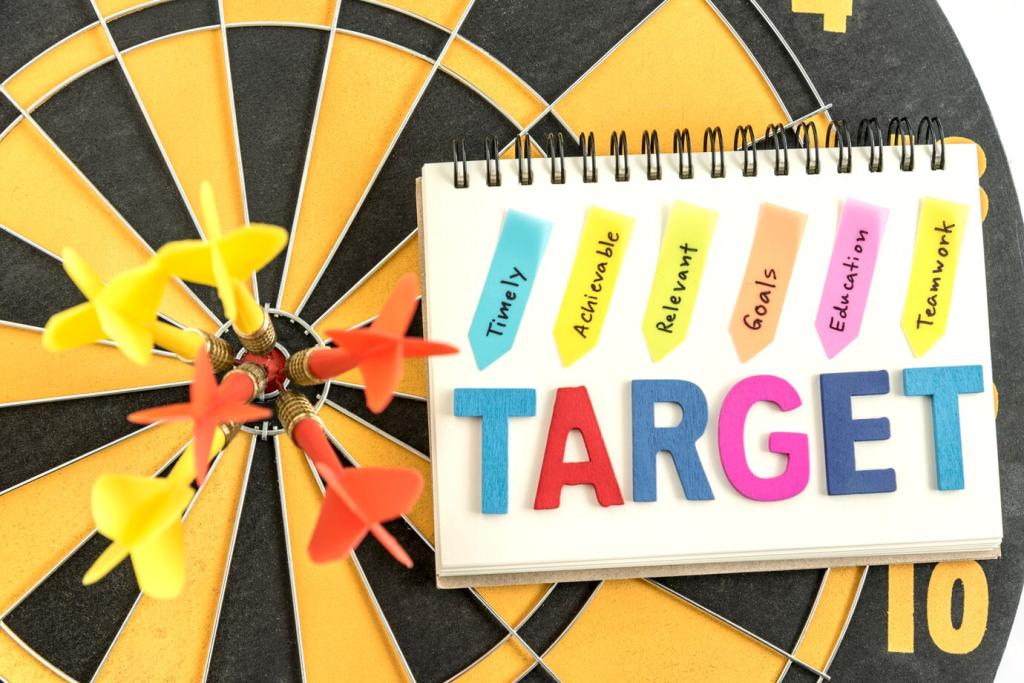
SMART Goals Framework
The SMART Goals Framework is a widely recognized method for setting objectives that are both clear and achievable. By breaking down goals into five key criteria, the SMART approach helps individuals and organizations clarify their intentions, focus their efforts, and increase the likelihood of success. The framework ensures that goals are not just vague aspirations but instead actionable plans with measurable progress and clear deadlines. Understanding the components of SMART goals can transform the way you strategize and pursue both personal and professional growth.
Understanding the SMART Acronym
Specificity is vital in goal setting because it eliminates ambiguity and focuses your efforts. A specific goal clearly defines what is to be accomplished, who needs to be involved, where it will happen, and why it is important. When your objective is explicitly stated, it becomes easier to devise actionable steps and prevents misinterpretation. For example, rather than aiming to “get better at marketing,” a specific goal would be “increase the company’s Instagram engagement by 20% within six months.” This clarity aids in maintaining motivation and tracking genuine progress.

The Importance of Setting SMART Goals
01
Clear and well-defined goals provide motivation by giving you a concrete vision of what success looks like. When you know exactly what you’re working towards and the steps required to get there, it becomes easier to stay focused and committed. Ambiguity can lead to procrastination and loss of enthusiasm, whereas SMART goals continually reaffirm why your efforts matter and keep your drive alive. This clarity of purpose is one of the most powerful tools in maintaining enthusiasm, especially during challenging times.
02
By focusing on precise targets and realistic timelines, SMART goals encourage better management of both time and resources. You are more likely to allocate your efforts, finances, and talents efficiently when you know what is needed and when it needs to be delivered. This prevents the wastage associated with vague aspirations and ensures that every action contributes directly toward the intended outcome. Effective resource allocation also helps prevent burnout by limiting distractions and focusing energy where it’s needed most.
03
With clearly defined objectives and measurable criteria, it becomes easier to hold yourself or your team accountable. Progress can be reviewed at regular intervals, achievements can be celebrated, and shortcomings can be quickly addressed. This transparency not only supports continuous improvement but also builds trust within teams by showing that successes and obstacles are openly examined. Accountability driven by SMART goals paves the way for constructive feedback, ongoing learning, and a culture of excellence.
Applying the SMART Framework in Practice
Individuals can leverage the SMART framework to advance their personal growth and development. Whether pursuing health, education, or skill-building goals, employing SMART criteria makes the process intentional and manageable. For instance, aspiring to “read twelve books in a year” is more actionable than just wanting to “read more.” Regularly reviewing and refining personal goals using the SMART model can lead to greater fulfillment and tangible progress in all areas of life.

